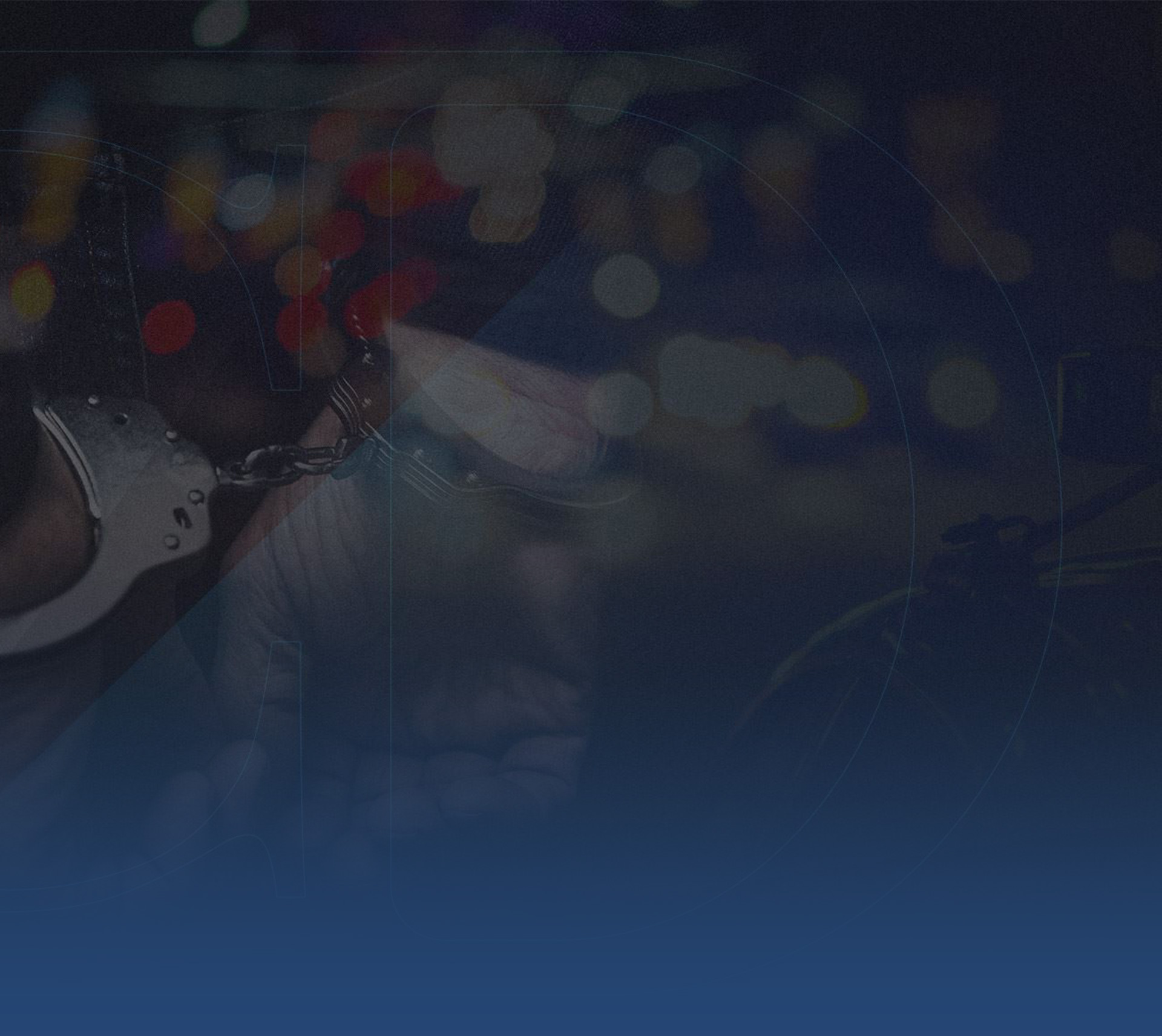
Bentonville DWI Alcohol vs. Drug Attorney
Driving While Intoxicated:
Alcohol v. Drugs
Generally speaking, most DUI & DWI arrests follow the same procedure when it comes to making a traffic stop and subsequent arrest. However, a major difference exists between being intoxicated because of alcohol and being intoxicated because of drugs (legal or illegal). As such, there are significant differences between what evidence is collected for a drug DWI as opposed to an alcohol DWI.
As a Bentonville DWI attorney, I have the experience to help guide you through these stressful & complex cases. Schedule your free consultation with me today by calling (479) 777-0640!
What Does The Law Say?
In 2015 the Arkansas Legislature changed the DWI law to its present form, combining both driving while intoxicated and boating while intoxicated and making both offenses "strict liability" offenses, which means you don't have to intend to be intoxicated to be guilty.
The biggest problem with the statute is that the word "intoxicant" is not defined. So, assume for a moment you are prescribed the painkiller hydrocodone. Hydrocodone is a Schedule II controlled substance (as of a recent change). You can take too much hydrocodone and be unsafe to drive. Unfortunately, it is not a defense that you were prescribed the medication you are alleged to be intoxicated on, even if you are taking the medication exactly as prescribed!
But what if you are taking an over-the-counter medication that makes you a little fuzzy headed? It isn't a controlled substance, but is it an "intoxicant?" Judges vary on this. But if it makes you "a clear and substantial danger" to yourself or others on the road, it may very well be considered an intoxicant by definition and you may very well be found guilty. This is where a good defense lawyer comes in.
Legal v. Illegal Drugs
You have to be very careful to mind the warning label on prescription drugs that say you may not want to operate a vehicle while taking that medicine. A "controlled substance" includes any drug or precursor to Schedule I through VI. Legal or illegal can be a substance that causes you to get charged with DWI.
Cocaine, methamphetamine, marijuana, etc. all fall somewhere in Schedule I through VI, as does, of course, prescription medication like hydrocodone, alprazolam (Xanax), and codeine. In short, just about anything you can put in your body that can cause your faculties to be altered is cause for concern when it comes to DWIs.


Why Hire Cody W. Dowden?
Dedicated to Client Success
-
Affordable Fees & Payment Plans
Protecting your legal rights shouldn't take every penny in your bank account. That's why I offer reasonable fees and payment plans.
-
Accessible Legal Defense
Life is busy and it can be hard to take the time you need to meet with your attorney. That's why I offer phone appointments for your convenience.
-
When You Hire Me, You Get Me
You won't be passed off to another lawyer or spend all of your time talking to a paralegal. I am your attorney. I'll be there every step of the way.
-
100% Focus on Criminal Law
Unlike other firms that handle every type of case in the book, I focus exclusively on criminal law. I live and breathe it. You can trust in my focus.